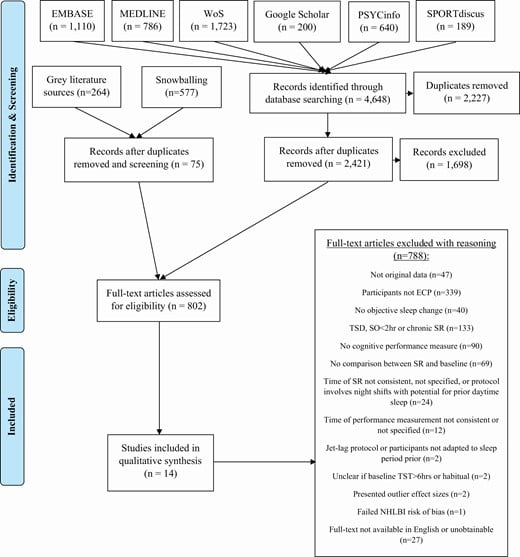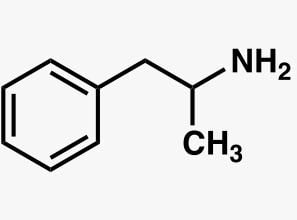Hi, all--
I'm a new attending several months out of residency. I'm working right now in a purely outpatient setting for a large hospital center. Patients are privately insured and much higher-fxn than I'm used to from residency.
I feel like I'm going to burn out from seeing high-fxn people who have self-diagnosed ADHD and come to me for "ADHD evaluation." I did not see much ADHD in residency, and when I did, attendings were mainly focused on how to NOT give someone a rx for stimulants. That's it. Now it's a decent chunk of my intakes. I've been doing lots of reading myself over the past several months to better understand the dx and how to assess for it. I'm getting more and more confident when I DO make the diagnosis.
My question is: when you think someone does NOT have ADHD, how do you explain this to them?
I never saw this modeled for me, and I'm struggling with this and it's taking up too much emotional energy. My tactic right now is to talk about how ADHD is a neurodev disorder, about the criteria, how it doesn't appear to be causing major dysfunction, but I feel like I'm tripping over the words and just not that confident in it. (I should also clarify, pt doesn't meet criteria for ADHD OR an anxious or affective d/o. I'm seeing a lot of people who for example work in tech and are trying to attain cognitive perfection. If it looks like anxiety or something else contributes to their sx, I of course discuss that with them.)
So literally I'm asking you to virtually model for me what you say and how you explain why you think a person does NOT have ADHD. And also curious about any next steps you suggest for the patient. I tell people that they can always pursue a second opinion. I also mention neuropsych testing, but also tell them it's not necessary for a diagnosis and it's expensive.
And bonus question if you've made it this far: what does your ADHD assessment (other than in-depth clinical interview) look like? The self-reporting screens seem kinda useless to me, especially when a patient has already made the dx for themselves. Do you get collateral? Any screenings you DO find helpful?
Appreciate any insight. Thank you!!
I'm a new attending several months out of residency. I'm working right now in a purely outpatient setting for a large hospital center. Patients are privately insured and much higher-fxn than I'm used to from residency.
I feel like I'm going to burn out from seeing high-fxn people who have self-diagnosed ADHD and come to me for "ADHD evaluation." I did not see much ADHD in residency, and when I did, attendings were mainly focused on how to NOT give someone a rx for stimulants. That's it. Now it's a decent chunk of my intakes. I've been doing lots of reading myself over the past several months to better understand the dx and how to assess for it. I'm getting more and more confident when I DO make the diagnosis.
My question is: when you think someone does NOT have ADHD, how do you explain this to them?
I never saw this modeled for me, and I'm struggling with this and it's taking up too much emotional energy. My tactic right now is to talk about how ADHD is a neurodev disorder, about the criteria, how it doesn't appear to be causing major dysfunction, but I feel like I'm tripping over the words and just not that confident in it. (I should also clarify, pt doesn't meet criteria for ADHD OR an anxious or affective d/o. I'm seeing a lot of people who for example work in tech and are trying to attain cognitive perfection. If it looks like anxiety or something else contributes to their sx, I of course discuss that with them.)
So literally I'm asking you to virtually model for me what you say and how you explain why you think a person does NOT have ADHD. And also curious about any next steps you suggest for the patient. I tell people that they can always pursue a second opinion. I also mention neuropsych testing, but also tell them it's not necessary for a diagnosis and it's expensive.
And bonus question if you've made it this far: what does your ADHD assessment (other than in-depth clinical interview) look like? The self-reporting screens seem kinda useless to me, especially when a patient has already made the dx for themselves. Do you get collateral? Any screenings you DO find helpful?
Appreciate any insight. Thank you!!


